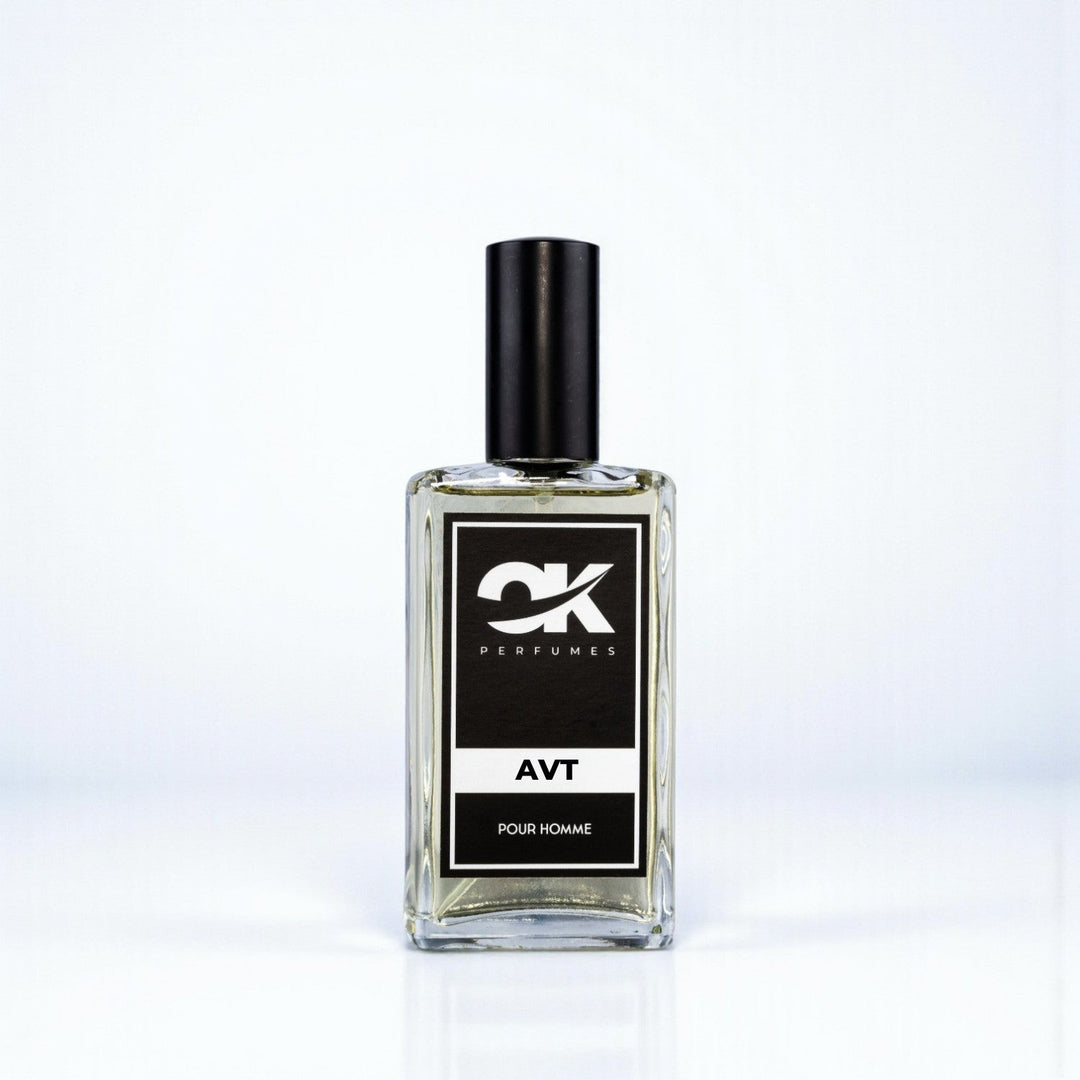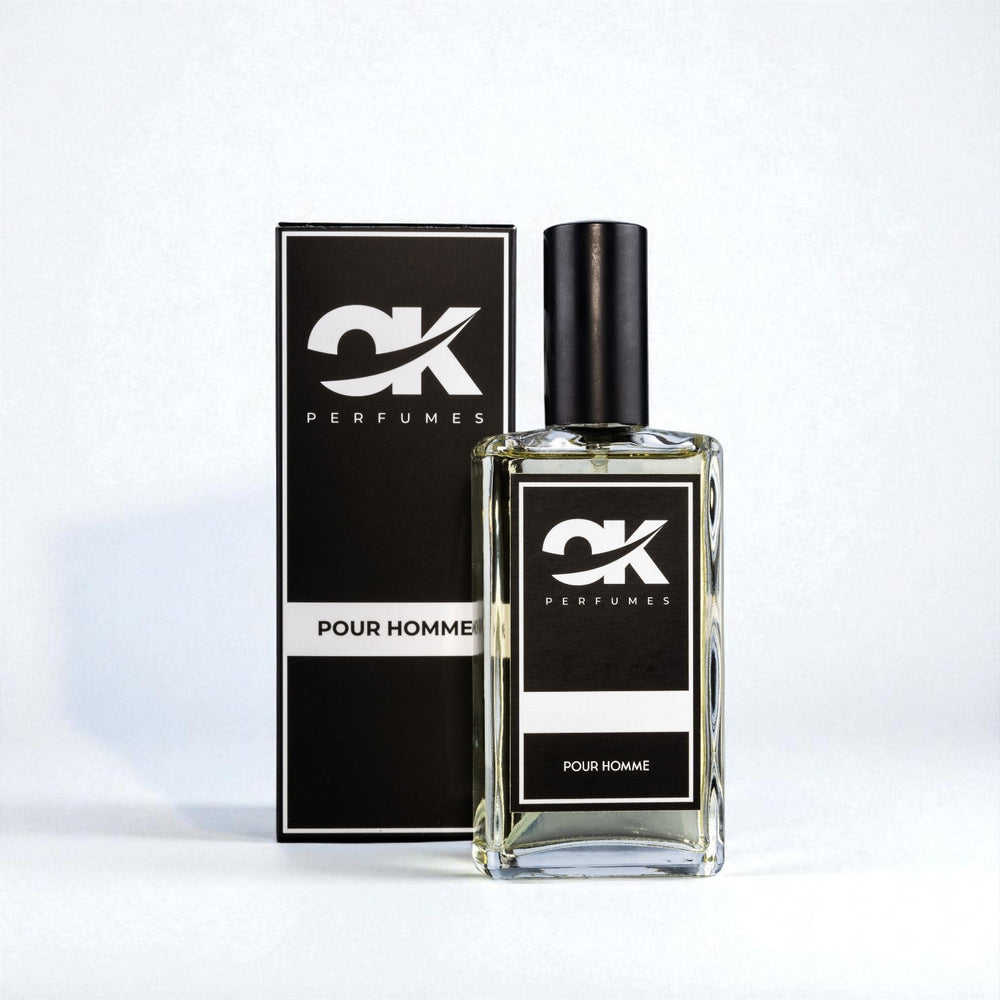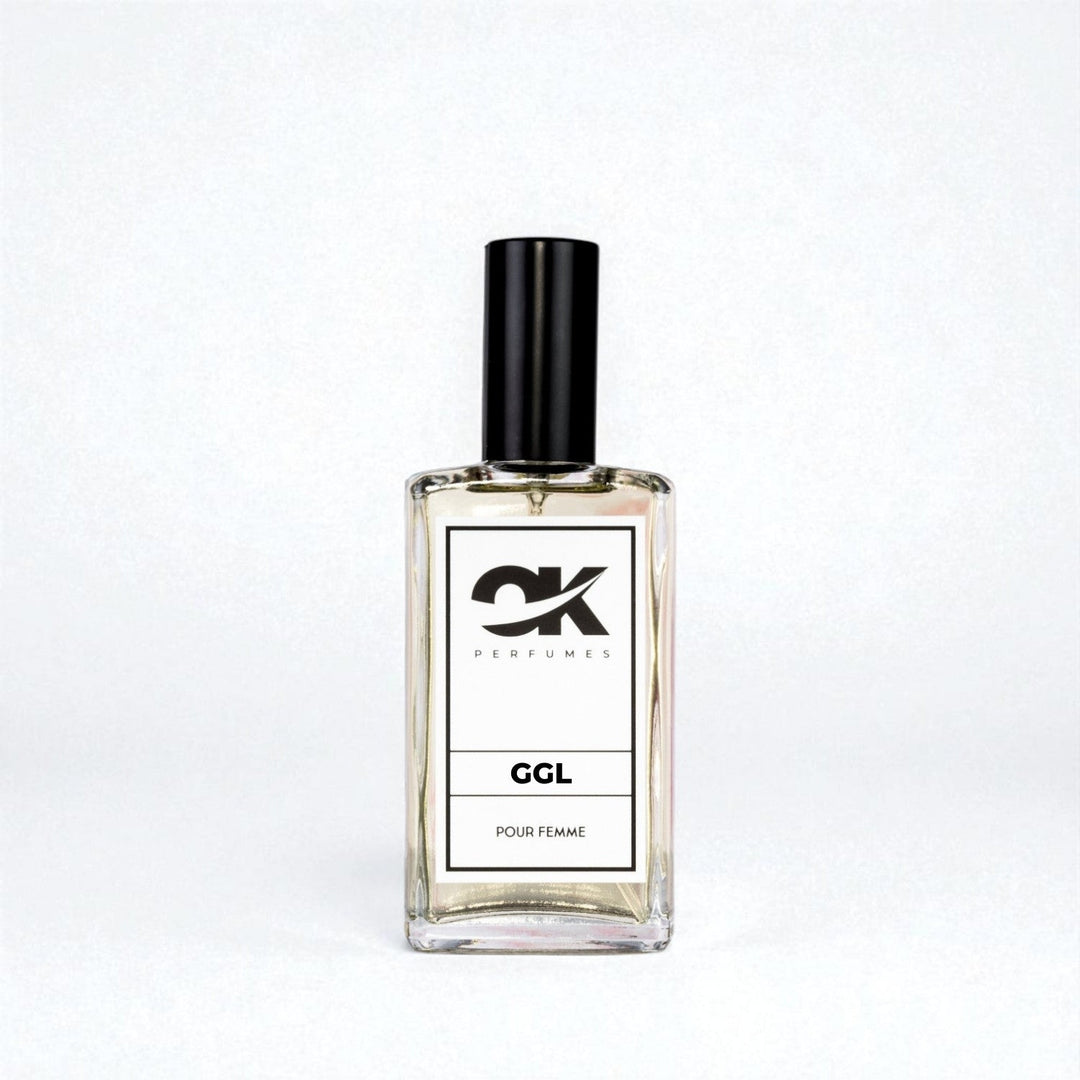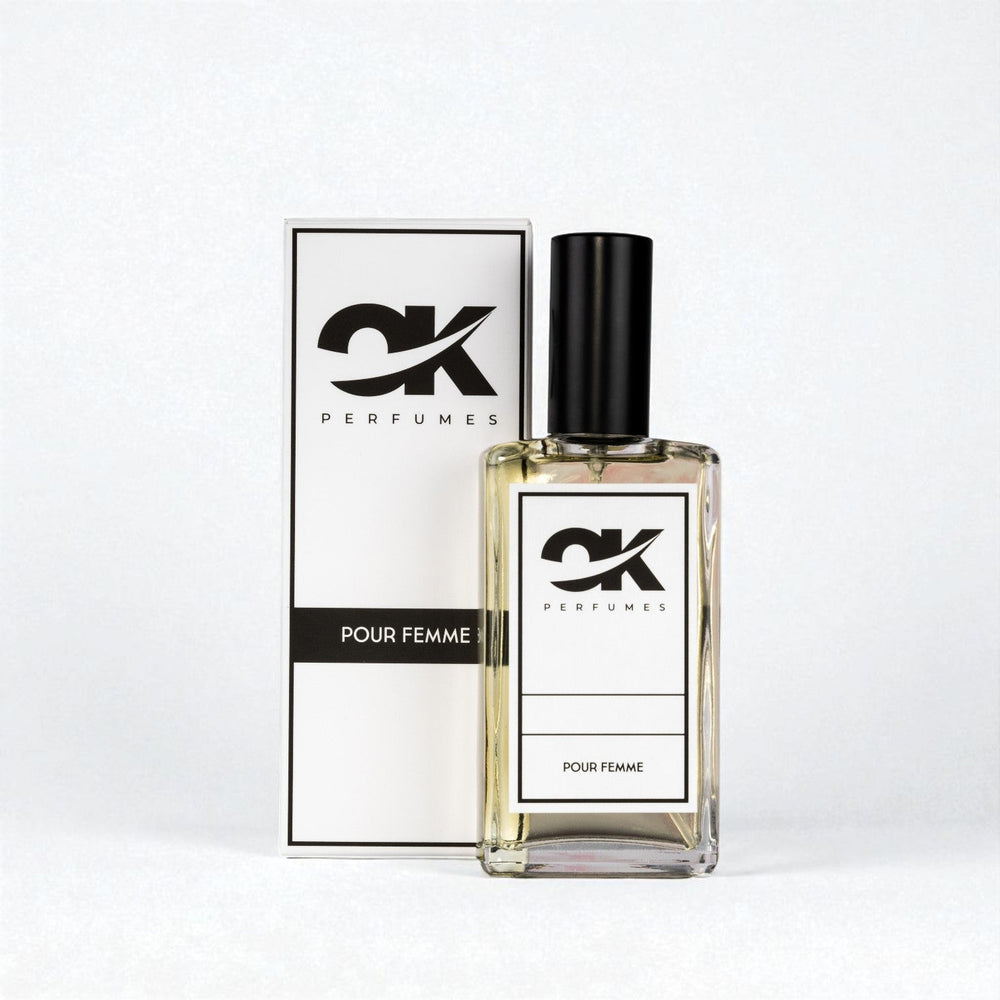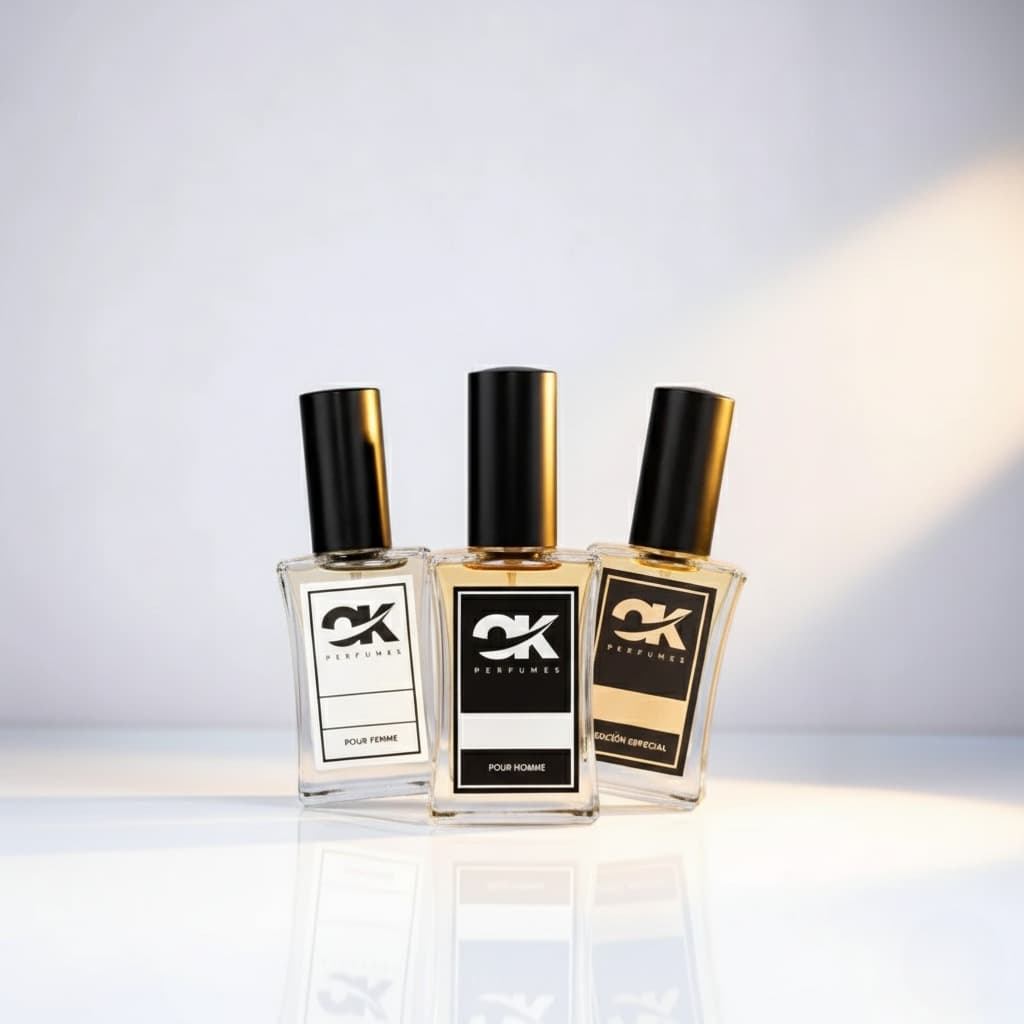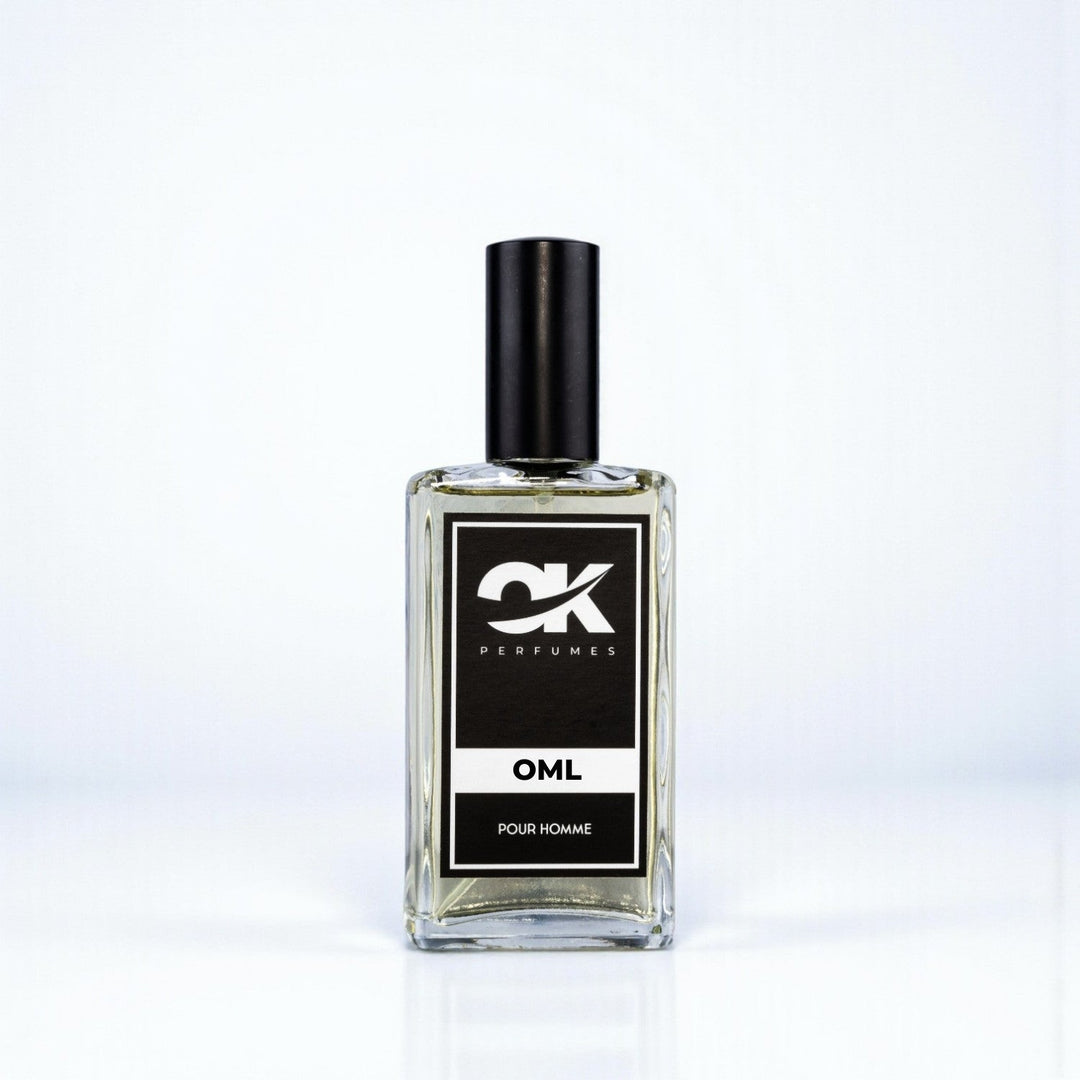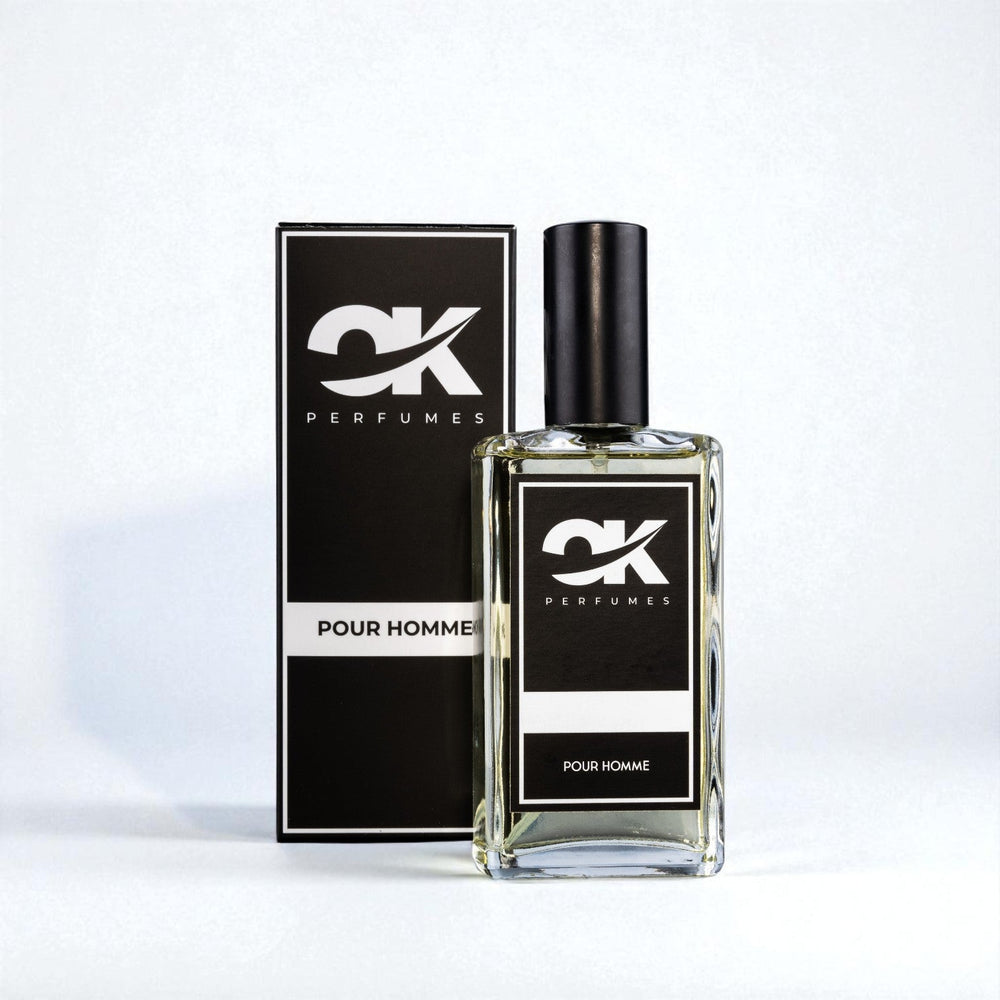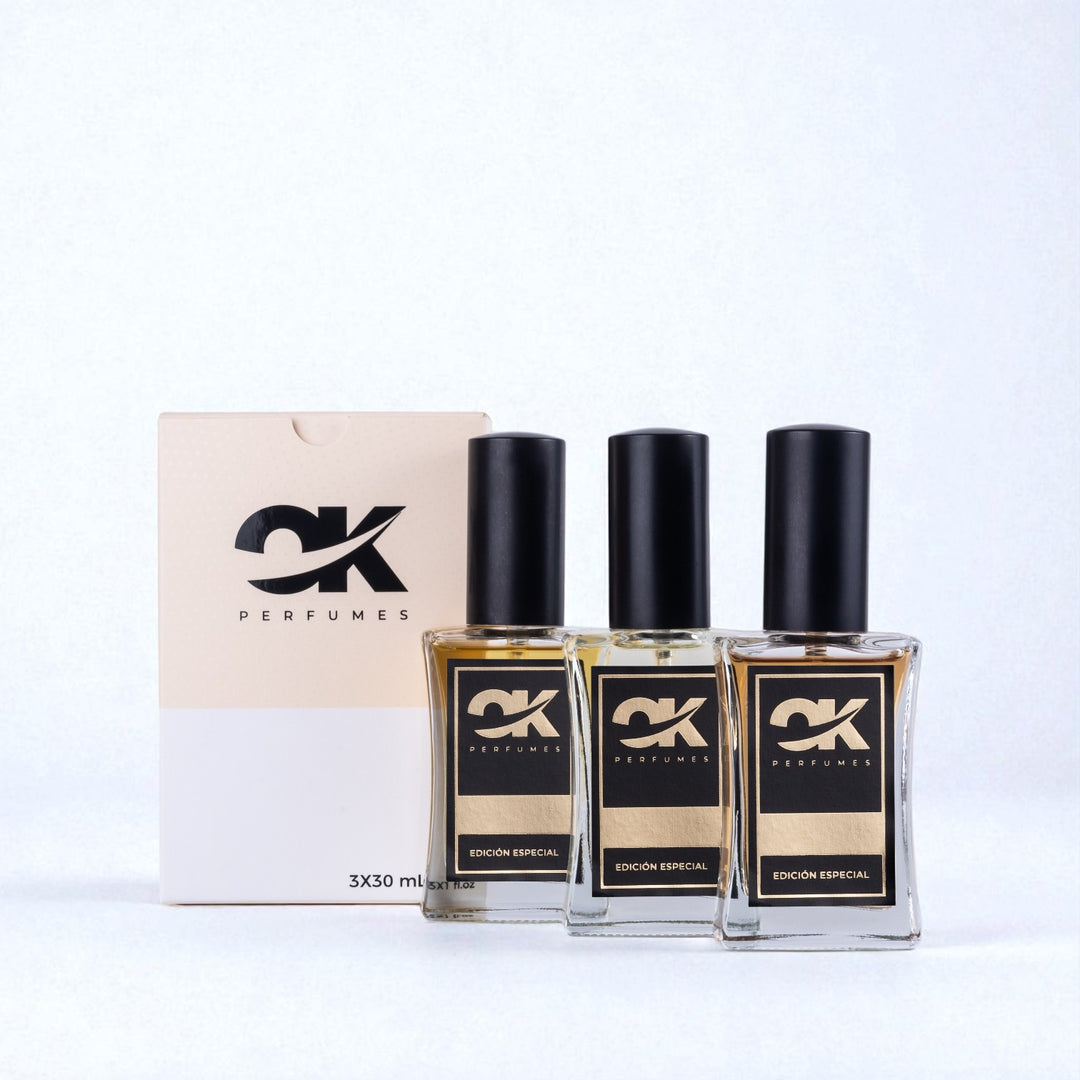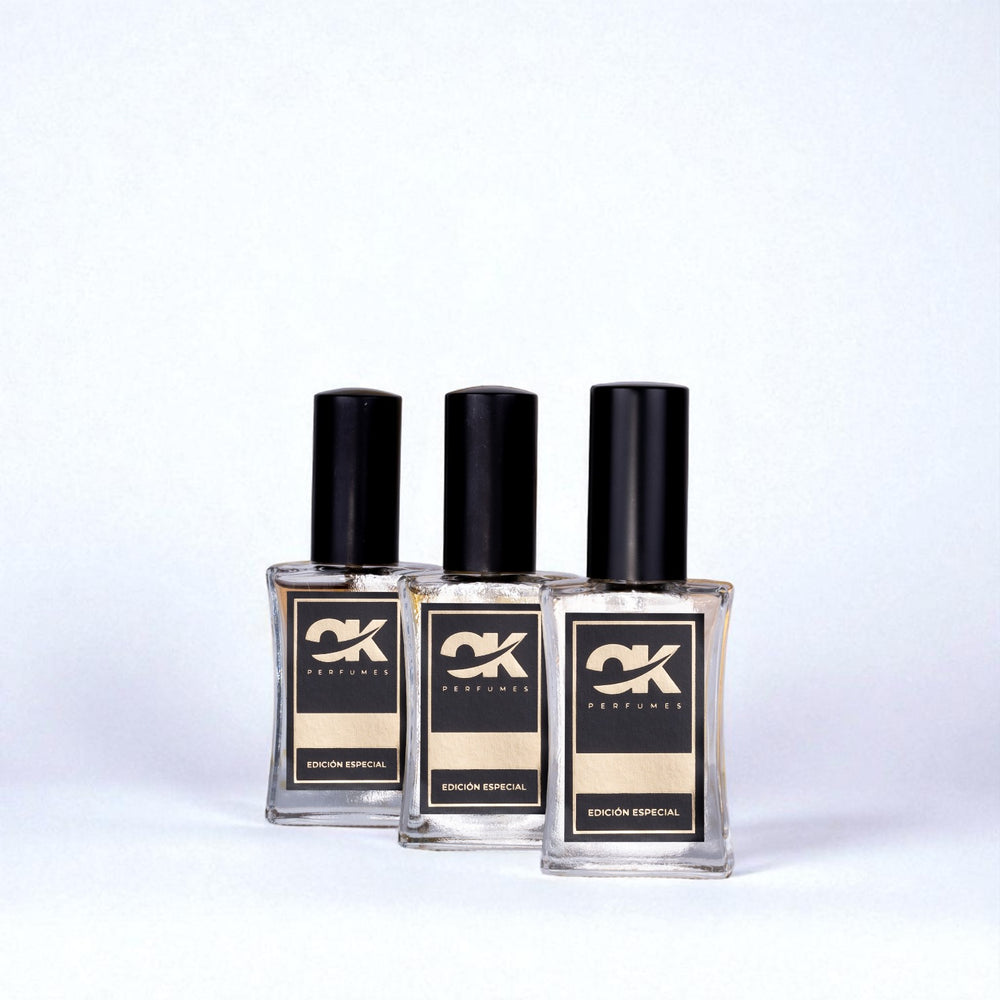Fragrances: A Literary and Artistic Journey
Fragrances have been a source of inspiration throughout history, not only in the field of perfumery, but also in literature and the arts. From the pages of a novel to the brushstrokes of a masterpiece, scents invite us to explore new worlds, evoking emotions and memories. In this article, we'll discover how fragrances have found their place in literature and the arts, while highlighting the importance of a unique perfume that complements the sensorial experience.
The Power of Aromas in Literature
Literature is a reflection of human complexity, and scents play a fundamental role in its representation. Writers often use fragrance descriptions to convey deep emotions or to establish the mood of a scene. Think of a line where a character enters a garden filled with roses or a Parisian café filled with coffee and croissants. These descriptions not only allow us to visualize the work, but also transport us olfactorily.
The symbolism of fragrances
Scents are symbols in many cultures. For example, in classical literature, the fragrance of flowers can be associated with love, death, or ephemeral beauty. In "Perfume," by Patrick Süskind, the obsession with capturing the perfect scent leads to a profound exploration of identity and desire. This novel is a brilliant example of how perfume and scent can simultaneously be a symbol of power and fragility.
Fragrances in the Fine Arts
The visual arts have also been influenced by the use of scent. Artists throughout history have incorporated fragrances into their works, creating multisensory experiences. From sculpture to painting, scents have played a role in the perception of the work.
Olfactory art: A form of expression
Olfactory art is an emerging field where artists create works that explore fragrance as a medium. This type of art seeks to awaken memories and emotions through smell, making it a unique experience. In olfactory art exhibitions, visitors can interact with fragrances that evoke different moments and sensations, creating a dialogue between art, the mind, and the senses.
The Language of Perfume in Literature
In many novels, perfume becomes a character in its own right. It's often used to describe a character's intentions or emotional state. For example, an exclusive perfume may represent a character's social status, while a common scent may evoke simplicity or humility.
Featured examples
- In "One Hundred Years of Solitude," Gabriel García Márquez describes the scent of flowers in Macondo, creating an enveloping atmosphere that resonates with family history.
- In "The Great Gatsby," F. Scott Fitzgerald uses fragrance descriptions to highlight the glamour and opulence of 1920s society.
- In "Pride and Prejudice," Jane Austen uses perfume as a symbol of sophistication and desire in her characters.
Aromas in Poetry: A Sensory Inspiration
Poetry is another field where fragrances have been crucial. Poets have used scent to encapsulate moments and convey the essence of their emotions. From the scent of the sea to that of a field in bloom, perfumes allow readers to connect with nature and their own experiences.
Fragrance as a metaphor
Aroma often becomes a powerful metaphor in poetry. For example, Pablo Neruda's verses often celebrate the scents of the earth and its landscapes. In his poem "Ode to the Ingredients of the Kitchen," Neruda evokes not only flavors but also aromas that awaken memories of his childhood and everyday life.
Fragrances and Popular Culture
Fragrances have also found their place in popular culture. From films to songs, scent plays a role in plot development and character development. In film, perfume is often used as a means of expressing desire or sophistication. Through music, artists have referenced fragrances that evoke deep memories and feelings.
Aromas that last over time
Fragrances are memorable elements that are part of many narratives. Memories that remain etched in our memory and bring us back to moments that might otherwise have been forgotten. Love music is often associated with a unique fragrance that evokes feelings of passion and longing.
Fragrance as a Sensory Experience
As society advances, fragrance is becoming an important element in creating sensory experiences. Scent can influence our perception of art and literature, creating an environment that enriches our interactions with these forms of expression.
Multisensory Events: A New Horizon
Art exhibitions and poetry readings are beginning to incorporate scents to offer a more immersive experience. Events that combine visual art, literature, and fragrance are emerging, allowing participants to explore the connections between these elements. Creating a space where scents can be anticipated and experienced while listening to the words is an emerging phenomenon that will undoubtedly impact the way we enjoy the arts.
Memory Jars
Every time we open a bottle of perfume or an atomizer, we are, in a way, opening a door to memories and emotions. Just as certain verses in a poem can transport us to a specific place, scent can have a similar effect. Fragrance becomes not just a personal accessory, but an intimate part of our story.
How to choose the right fragrance
- Think about your emotions: try to identify which fragrances make you feel good, which may resonate with your personal preferences.
- Associate with memories: If there is a fragrance that reminds you of a special moment, consider using it as your signature perfume .
- Experiment: Don't be afraid to try different fragrance styles and categories. This will allow you to discover new facets of yourself.
An Infinite Journey of Aromas
Fragrances have woven a rich history through literature and the arts, crossing the barriers of time and genre. From poetry to painting, scents are a language of their own that speaks through the senses. Inviting fragrances into our lives not only enriches our environment emotionally but also connects us to a cultural legacy that continues to grow. The next time you choose an exclusive perfume , remember that each fragrance carries a story waiting to be told. Enjoy this never-ending aromatic journey and discover the art of fragrance in every corner of your life.




